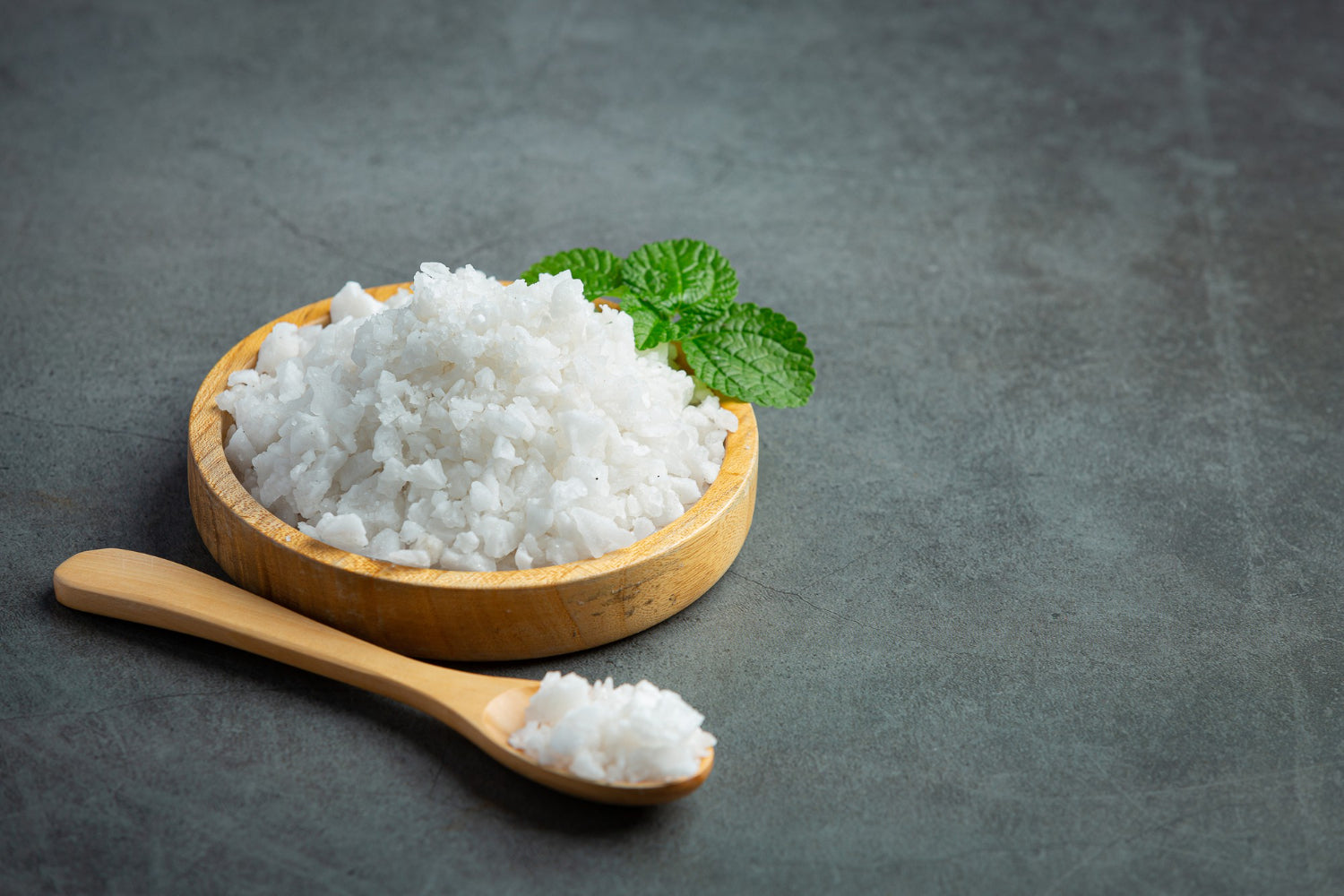Almost everyone knows the feeling of having a dry mouth. When we are excited, for example, we often stop spitting. The mouth feels dry and sticky, as if it were full of absorbent cotton.
If your mouth is dry not only when you are nervous and tense, but all the time, you should research the causes, because dry mouth can lead to health problems.
Dry mouth: why your saliva is important
Our bodies produce about 1.5 liters of saliva a day in the large salivary glands in the ears, lower jaw and under the tongue, as well as in numerous small salivary glands in the mouth. Saliva consists of 99 percent water, but also contains important mucus and minerals, salts, proteins, enzymes and defense substances.
Saliva plays an important role in oral and dental health for a variety of reasons.
Through saliva, the mouth virtually cleans itself. Bacteria are rinsed from the teeth and swallowed so that the stomach acid can destroy them. At the same time, saliva dilutes the acid produced by caries bacteria or entering the mouth through acidic foods.
In addition, saliva contains components for the remineralization of teeth. In this process, minerals removed by caries are returned to the teeth and thus repaired.
If the mouth is dry, there is too little saliva. Bacteria remain longer in the mouth, stick to the teeth, stick to the gums. Caries and gingivitis have an easy time in this environment.
Dry mouth: Who is affected
Because saliva production decreases with age, half of those over 65 suffer from dry mouth as a result of insufficient saliva production. In addition, the mouth can also become dry as a result of taking medication or from diseases such as diabetes. Women during and after menopause and smokers also frequently suffer from dry mouth.
In addition to problems for gums and teeth and the uncomfortable feeling in the mouth, dry mouth can also lead to difficulty swallowing, a burning sensation on the tongue, a dry feeling in the throat, chapped lips, a weaker sense of taste, oral thrush, difficulty chewing and speaking, and frequent bad breath.
Dry mouth: what you can do
You should definitely discuss possible causes with your doctor or dentist. For example, if dry mouth occurs as a side effect of a medication, your doctor might recommend a medication with a different active ingredient.
If the cause cannot be eliminated, these measures may help:
Drink water or unsweetened tea, at least two liters a day; frequent sipping keeps your mouth moist.
Avoid coffee, black tea, alcoholic, sugary or acidic beverages, and tobacco.
Do not eat heavily salted foods, as they draw water from the mucous membrane.
Chew gum or suck candy (both sugar-free) to stimulate saliva flow.
Gargle with sage tea or fluoride mouthwash to protect oral mucosa and teeth.
Take artificial saliva from the pharmacy.
Use a humidifier at night.
In addition, thorough oral hygiene is essential for dry mouth to keep gums and teeth healthy.




Leave a comment
All comments are moderated before being published.
This site is protected by hCaptcha and the hCaptcha Privacy Policy and Terms of Service apply.